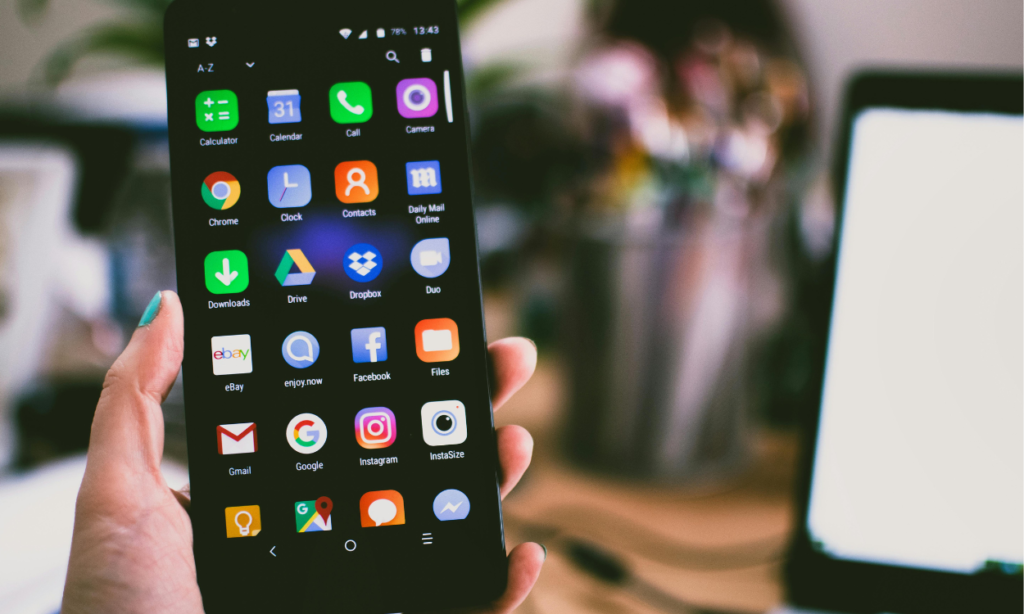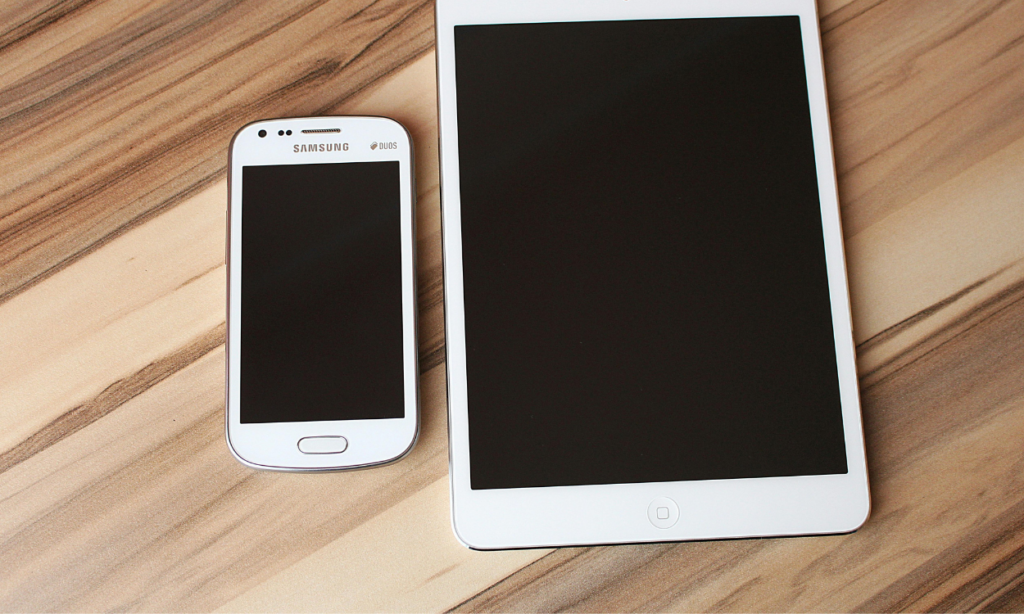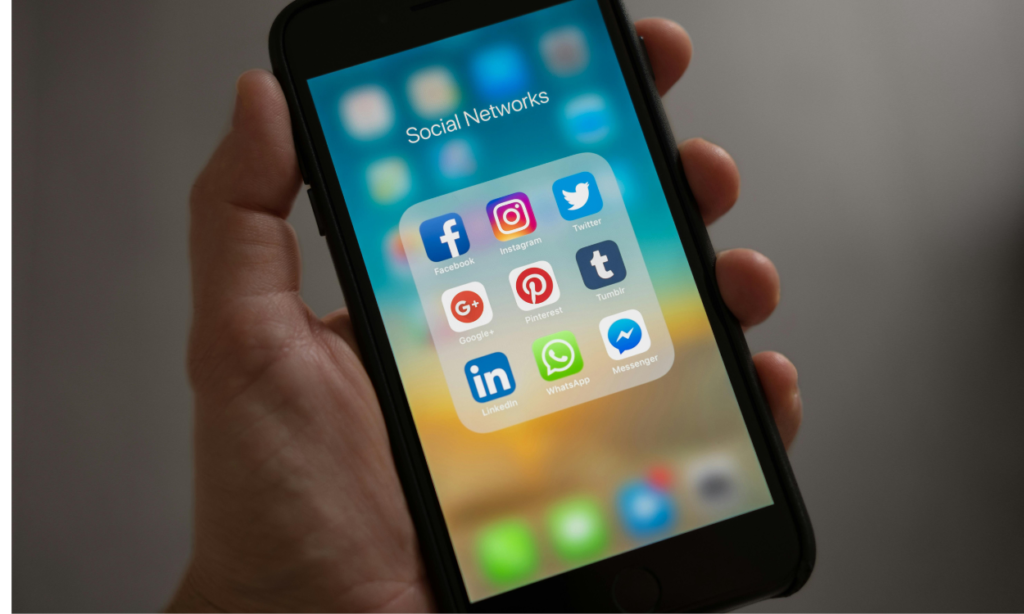Mobile Phone: A Revolution in Communication and Technology
The mobile phone has become an essential part of modern life, transforming the way we communicate, work, and interact with the world. From its humble beginnings as a bulky, expensive gadget with limited functionality, the mobile phone has evolved into a powerful tool that not only makes calls but also serves as a camera, computer, and personal assistant. Today, mobile phones are at the center of global connectivity, bridging distances and enabling instant access to information and services.
Table of Contents
The History of the Mobile Phone
The mobile phone journey began in the early 1970s when Motorola engineer Martin Cooper made the first handheld mobile phone call. This marked the dawn of a new era in telecommunications. The initial versions of the mobile phone were large and cumbersome, with limited battery life and expensive service plans. These early devices were primarily used by professionals in industries like real estate and business, where mobility was crucial.
By the 1990s, mobile phones became more compact, and the development of digital cellular networks significantly improved their performance. This period saw the introduction of the SMS text message, a feature that revolutionized mobile communication by allowing users to send short messages without needing to make a voice call. As mobile phones became more affordable and accessible, their popularity skyrocketed, and soon, they were a common possession worldwide.

The Rise of the Smartphone
The most significant transformation in the mobile phone industry came with the advent of the smartphone in the mid-2000s. Companies like Apple and Samsung introduced devices that combined the functionalities of a mobile phone with the power of a computer. The mobile phone was no longer just a communication tool but a multifunctional device capable of browsing the internet, sending emails, playing games, and even running business applications.
The introduction of touchscreens and app stores further expanded the capabilities of the mobile phone. With just a few taps, users could download applications for social media, banking, health tracking, and countless other tasks. Smartphones turned the mobile phone into a versatile device that could cater to nearly every aspect of daily life, from entertainment to productivity.

The Impact of Mobile Phones on Communication
The mobile phone has completely redefined communication. In the past, staying in touch with someone meant writing letters or using a landline phone. With the introduction of mobile phones, communication became instantaneous. Voice calls, video calls, and messaging apps now allow people to connect with friends, family, and colleagues regardless of geographical location.
Mobile phones have also had a significant impact on businesses. Professionals can now attend virtual meetings, send emails, and manage projects while on the go. This level of connectivity has increased productivity and allowed companies to expand their reach by facilitating remote work and global collaboration.
Social media platforms like Facebook, Instagram, and WhatsApp, which are primarily accessed via mobile phones, have further transformed the way people communicate. Mobile phones make it easy to share experiences, thoughts, and updates in real time, fostering a more connected global community.

Mobile Phone Technology Advancements
The technology behind mobile phones has made tremendous strides in recent years. Faster processors, increased storage capacity, and improved cameras have turned mobile phones into devices that can rival computers in terms of performance. Additionally, mobile phones now come equipped with a wide range of sensors, such as GPS, accelerometers, and gyroscopes, enabling features like location tracking, fitness monitoring, and augmented reality.
Mobile phone cameras, in particular, have seen major advancements, often competing with professional photography equipment. With features like high-resolution sensors, optical zoom, and portrait modes, the mobile phone has made high-quality photography accessible to everyone. Social media platforms have embraced this trend, and platforms like Instagram have built entire communities around mobile photography.
The advent of 4G and 5G networks has further enhanced the capabilities of mobile phones, providing faster download speeds and improved connectivity. With the rise of 5G, mobile phones are expected to become even more integral to emerging technologies such as the Internet of Things (IoT), smart cities, and autonomous vehicles.
Mobile Phones and the Economy
The global economy has been significantly impacted by mobile phone technology. The mobile phone industry has created millions of jobs worldwide, from hardware manufacturing to app development. The app economy, fueled by mobile phone use, has led to the creation of businesses and services that cater to every need imaginable. From ride-hailing apps like Uber and Lyft to food delivery services like DoorDash and Grubhub, the mobile phone has become a gateway to an ever-expanding digital marketplace.
E-commerce has also been transformed by mobile phones. With the rise of mobile shopping, businesses are now focusing on creating mobile-optimized websites and apps to provide users with a seamless shopping experience. Mobile payment solutions like Apple Pay, Google Wallet, and PayPal have further simplified the purchasing process, allowing users to make secure transactions with just a tap.
The Social and Cultural Impact of Mobile Phones
Mobile phones have had a profound impact on social behavior and culture. The ability to access information and entertainment at any time has changed the way people consume media. Streaming services like Netflix, YouTube, and Spotify, which are primarily accessed via mobile phones, have become the go-to platforms for watching shows, listening to music, and staying informed.
Mobile phones have also influenced human interaction. While they have made it easier to stay connected with loved ones, some argue that they have contributed to a decrease in face-to-face communication. Many people spend more time looking at their screens than engaging in real-world conversations, leading to concerns about social isolation and the effects of excessive mobile phone use on mental health.
However, mobile phones have also empowered people by giving them access to information and services that were once difficult to obtain. For instance, mobile phones have revolutionized education, providing students with access to online learning platforms and educational apps. In developing countries, mobile phones have become crucial for economic growth, enabling people to access banking services, healthcare information, and job opportunities in areas with limited infrastructure.
Mobile Phone Security and Privacy
As mobile phones become more integral to daily life, concerns about security and privacy have grown. Mobile phones store vast amounts of personal data, including contacts, emails, photos, and financial information. Cybersecurity threats, such as hacking and phishing attacks, have made it necessary for users to be vigilant about protecting their mobile devices.
Manufacturers and app developers have introduced various security features to address these concerns. Biometric authentication, such as fingerprint scanning and facial recognition, has become common on modern mobile phones, providing users with an additional layer of security. Encryption, secure apps, and regular software updates are also essential for protecting mobile phone data from unauthorized access.
The Future of Mobile Phones
The future of the mobile phone is filled with exciting possibilities. As technology continues to advance, mobile phones are expected to become even more powerful and versatile. Foldable screens, improved AI capabilities, and the integration of augmented reality are just a few of the innovations that could reshape the mobile phone landscape.
Mobile phones are also likely to play a central role in the development of smart cities and connected devices. With the rise of 5G networks, mobile phones will become even more integrated into everyday life, serving as hubs for controlling smart homes, autonomous vehicles, and IoT devices.
Conclusion
The mobile phone has come a long way since its invention, becoming an indispensable tool that shapes how we live, work, and communicate. From its impact on global economies to its role in personal entertainment, the mobile phone continues to revolutionize the world. As technology continues to evolve, the mobile phone will undoubtedly remain a key player in shaping the future of communication, technology, and society.





